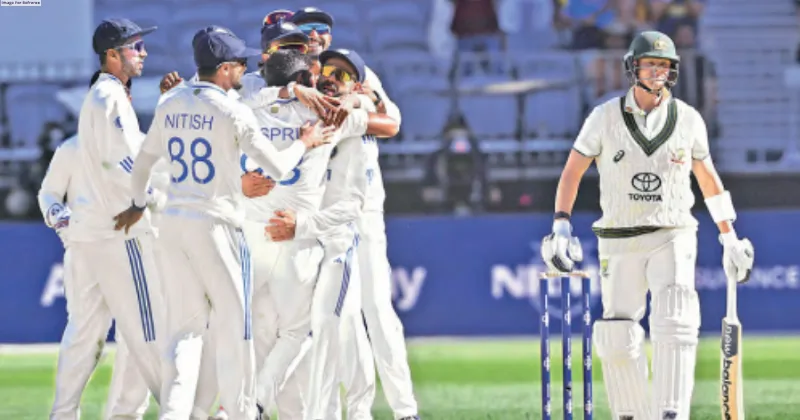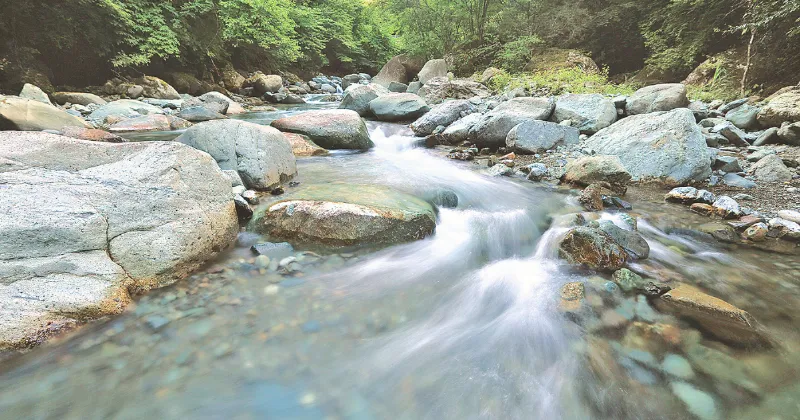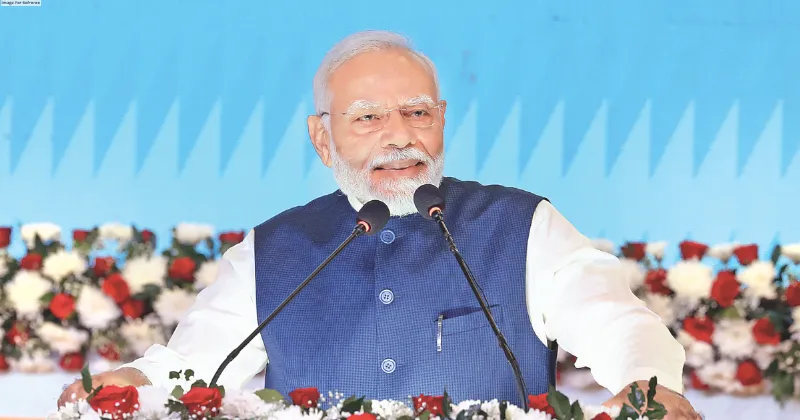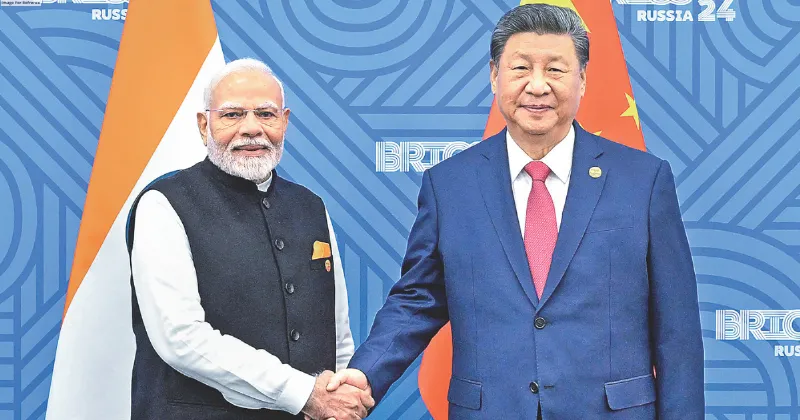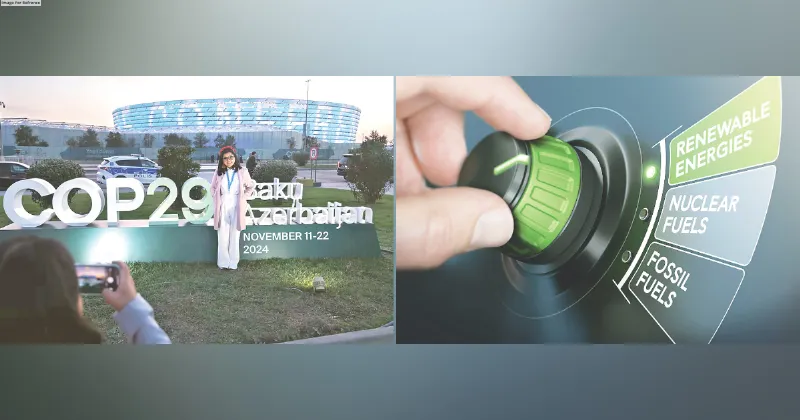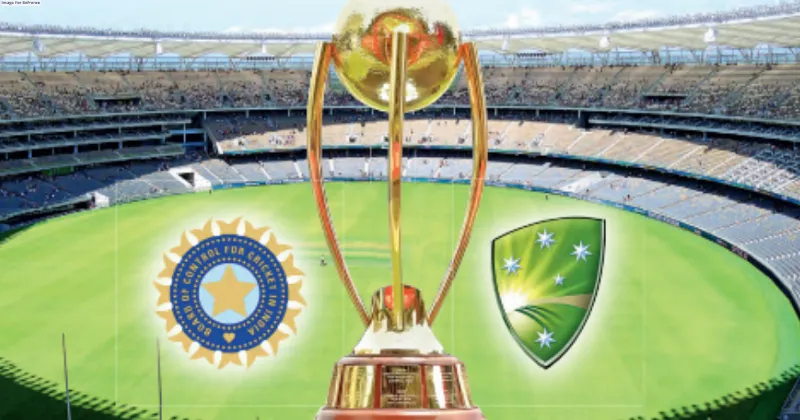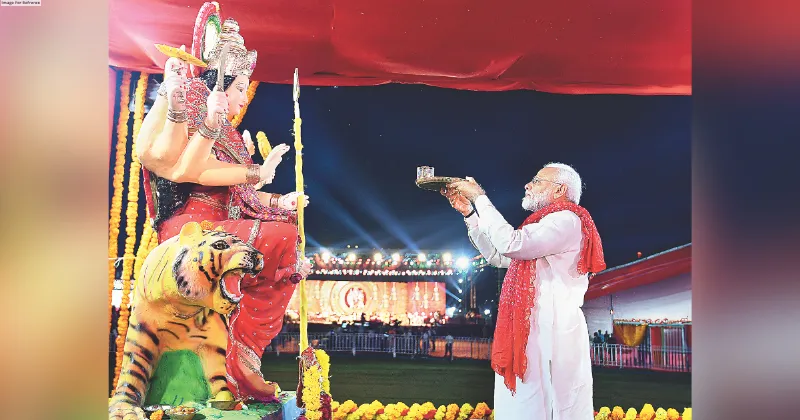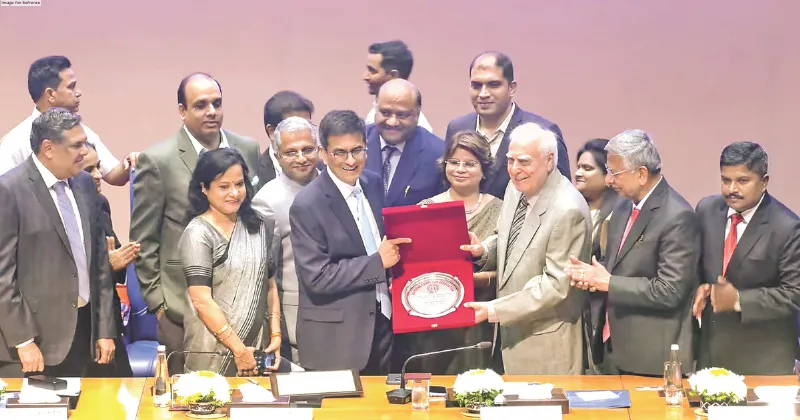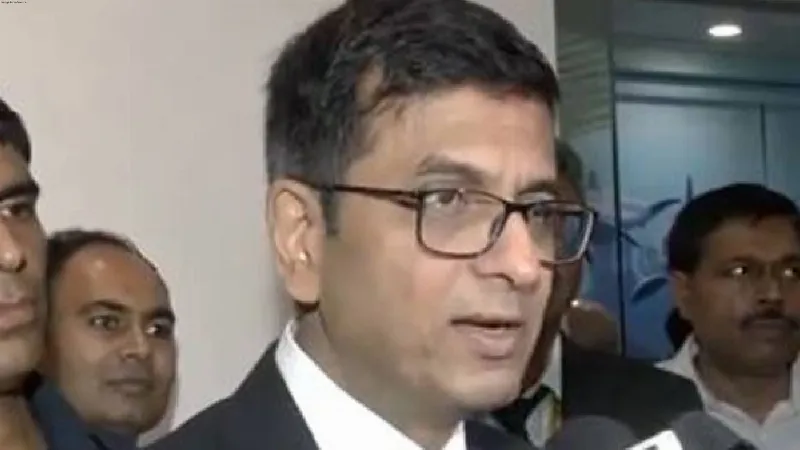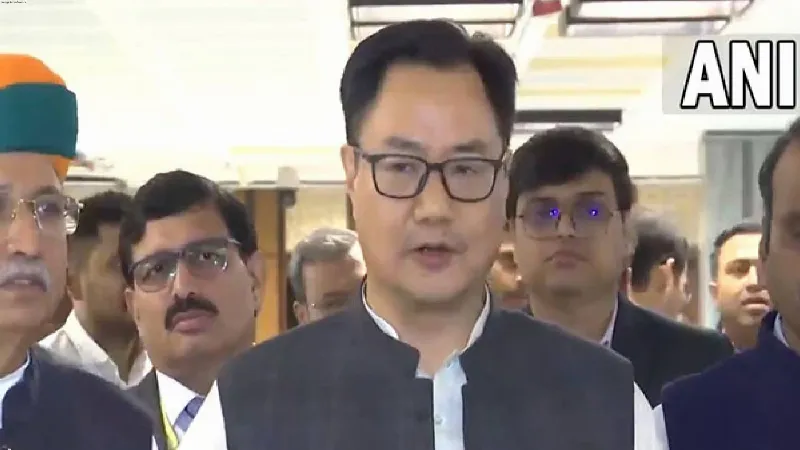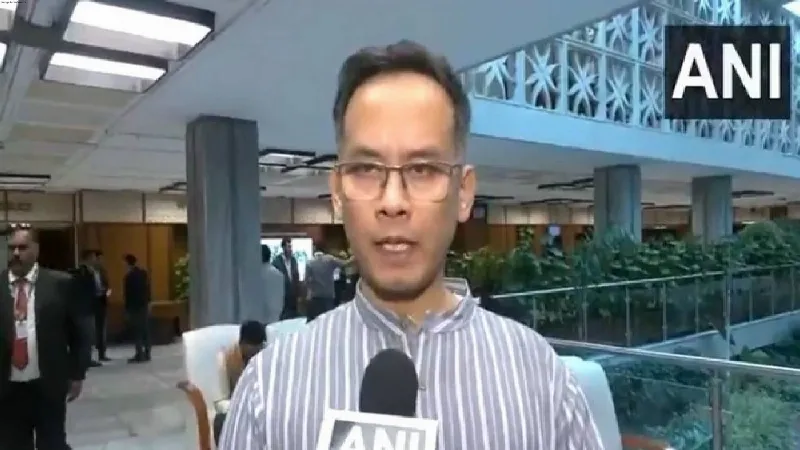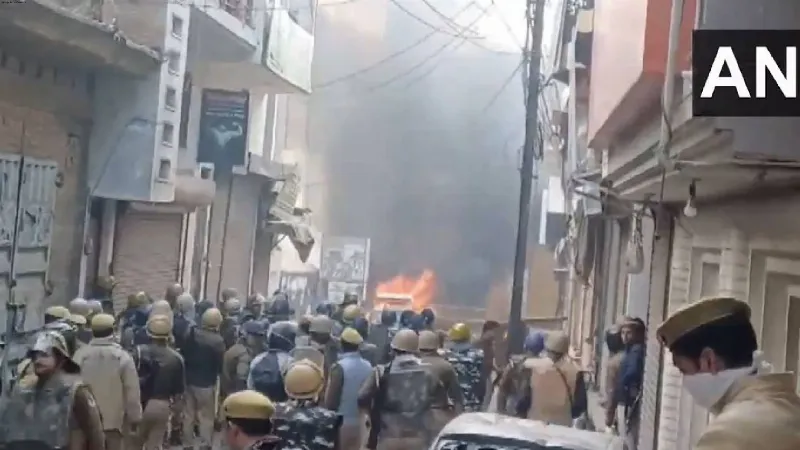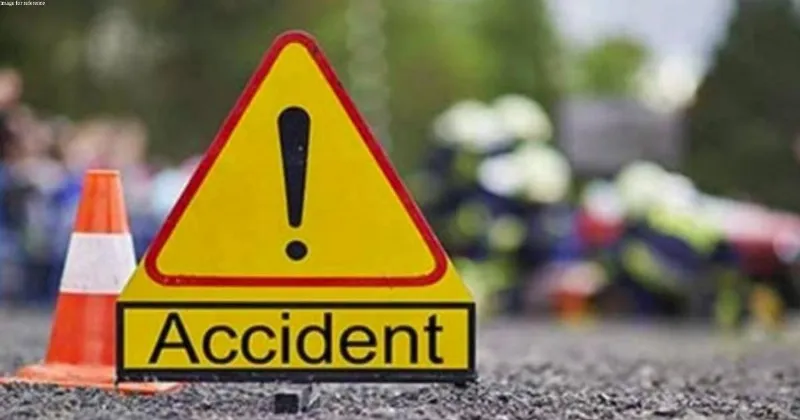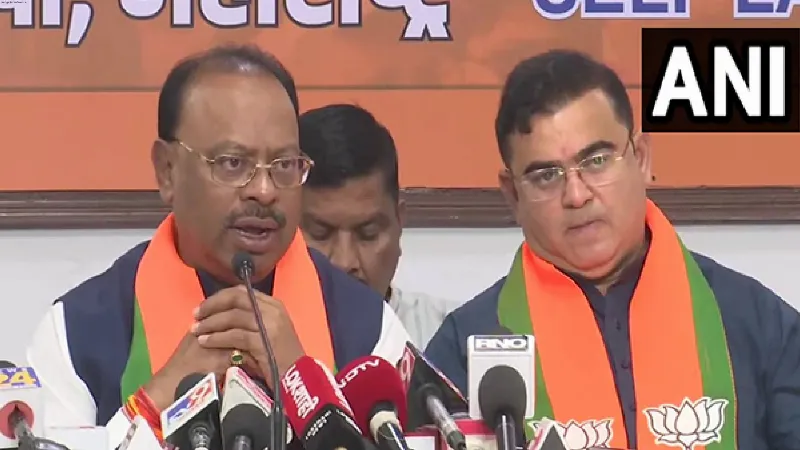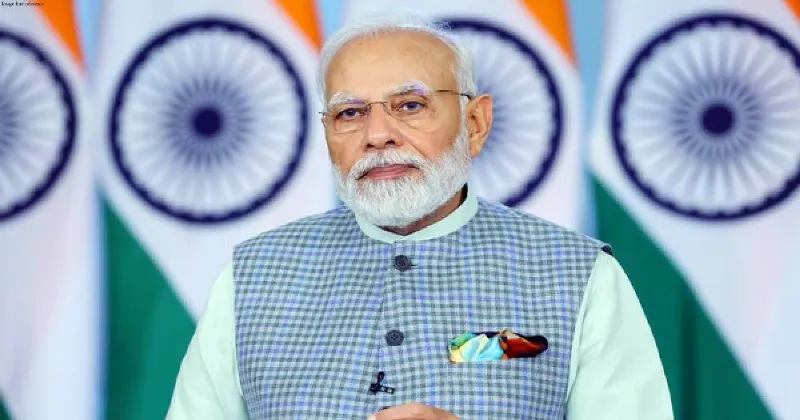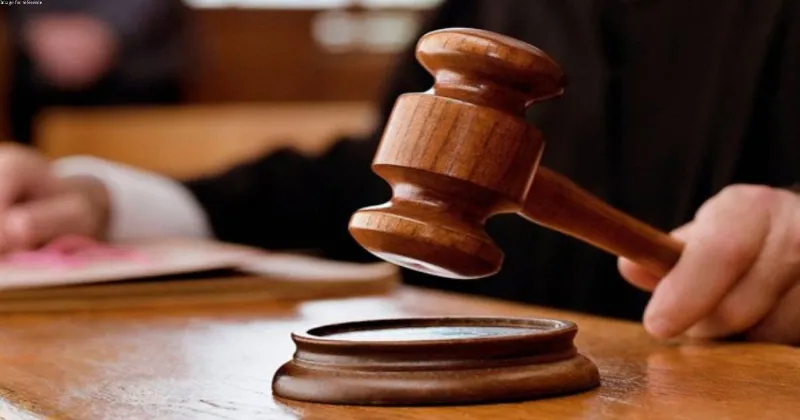Latest News
ROAD TO EMERGENCE OF INDIA AS A GLOBAL LEADER

Since millennia India has attracted the countries of both East and West towards it. The attraction of India originates from its spiritual, artistic, learning centres, religious ideas and culture. It is imperative to look into the past to understand the influence of India on to the world towards the journey of Global Leadership. In last few years India has consistently dominated the world policymakers, shaping economic patterns and enjoying substantial global influence. In the ongoing Ukraine and HamasIsrael war India has emerged mutually acceptable party with well-meaning intent to stop the conflict and with stake in their welfare.
Global leaders denote a dominant position by their ability to influence world events. It’s a combination of economic, military, cultural, technological, diplomatic and political spheres with soft power being the key element of leadership. Since disintegration of Soviet Union, the US with its allies (UK and France) have been dominant players in international arena till re-emergence of Russia - China combination challenging the unipolarity of the world. The other regional players that have emerged in the current decade making today’s world multipolar include Japan, India, Turkey, Brazil, Germany and South Africa. However, the hegemony of the US and its allies still prevails despite tough challenge by ChinaRussia alliance. India’s proximity to Russia and the US needs to align with India to counter China are two major factors in favour of India emerging as important player in the global affairs.
After successful conduct of G-20 summit last year, India has emerged as prominent player with vision to shape international issues of security against terrorism, climate change, water scarcity, net security provision etc for global good. As a fastest growing economy and rising extra regional power, India must endeavour to exploit country’s soft power outreach in the coming decades. The major favourable factors for India are: fast-growing economy, improved agriculture, path breaking technology in space, a relatively young and dynamic population, good foreign relations, robust democracy and competent armed forces.
STRENGTH AND DILEMMAS ANALYSIS
India has the world’s largest population with a positive population growth rate and has better working-age population between 15 - 64 years (WAP) to the total population Index ratio and this will increase till 2045. Right skills and gainful employment for the youth and making the most of this demographic dividend is India’s opportunity as well as a challenge. A worrisome trend observed in today’s youth is lack of zeal to do constructive and productive work, whereas any public rallies, cricket matches and social functions are oversubscribed.
Currently, India is the third largest economy in the world in terms of purchasing power parity (PPP), rather by 2048, India would be the largest economy in the world after China. But the growing economic inequality, handling consumeroriented economy owing large population, sustaining growth in agriculture, manufacturing and service sector remain major challenges for India. Despite being a good performer in the Ease of Doing Business Index, India continues to have poor infrastructure with governance marked by issues of red-tapism and corruption.
People of Indian origin (PIO) or Non-Resident Indians (NRIs) are present in countries across the world. Some of them have been in prestigious political posts, others leading some of the world’s biggest companies and are influential foreign policy assets. These assets need to be carefully crafted to advantage India as not all PIOs/ NRIs have been equally responsive. To keep their interests alive and use their services for country’s good remains a major challenge.
India’s policies like Look East Policy, Act East Policy, Link West Policy, Connect Central Asia Policy and its link with Africa meets India’s goal of enhancing its image in targeted regions. emerging as voice of global south, India has potential to elevate to being global power. However, current dynamic geopolitical environment poses big challenge and will keep testing our foreign policy manoeuvring skills in the existing global conflicting zones and maintaining position of strength while dealing with other global powers. Despite being prominent member of so many global organisations - G-20, BRICS, SCO, SAARC, ASEAN, and the QUAD, getting a permanent seat at Security Council still remains a major challenge for India.
India has played an important role in addressing the demand for pharmaceuticals, diagnostics, and for vaccines to demonstrate India’s global health diplomacy during COVID pandemic. The Vaccine Maitri initiative in many ways reinforced India’s credentials as “pharmacy of the world”. However, as India marches forward, it faces new challenges in health and sustainable living, the cities are grappling with alarming rates of congestion and pollution, together with an unhealthy population, dampens the benefits of India’s demographic dividend and urban growth and lead to a fast deterioration in the quality of life of its citizens.
The Indian Space Research Organisation (ISRO) - now a part of space exploration folklore around the world - is the most credible example of this transformation. In recent years, ISRO has put India in an elite club of space superpowers by landing successfully on the moon, placing satellite in Mars’ orbit. Maintaining this momentum is going to be a herculean task in terms of man, material and machines including political will power.
There are some domestic issues that India need to address to ensure unhindered march on the path of global leadership. These are - Poverty, Illiteracy, Unemployment, Corruption, Inequality, Gender discrimination, Violence against Women and Insurgency and Terrorism. Apart from these the casteism, ethnic and religious divide run deep in Indian society. A low per capita income, and large population below poverty line, steep income inequality warrants maintaining a balance between economic development and benefit all sections of society.
THE VIEWS EXPRESSED BY THE AUTHOR ARE PERSONAL
Col Rajesh Bhukar The writer is a Post Graduate in International Studies, Alumni of Defence Services Staff College, Wellington and College of Combat, Mhow [email protected]

